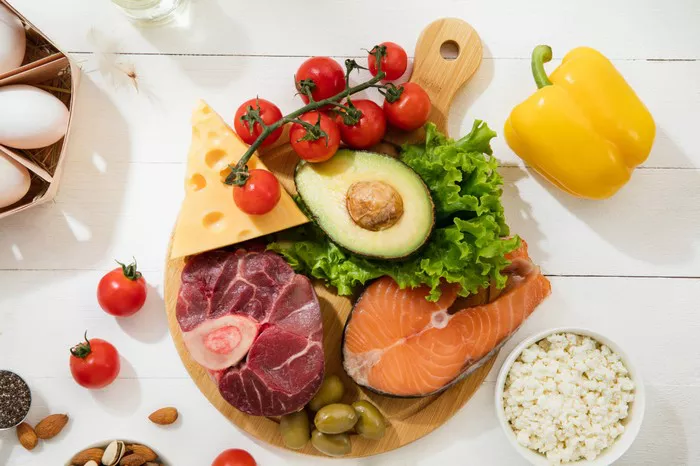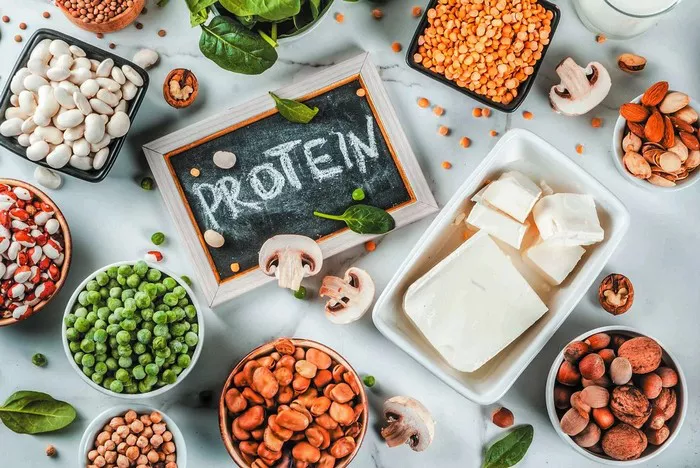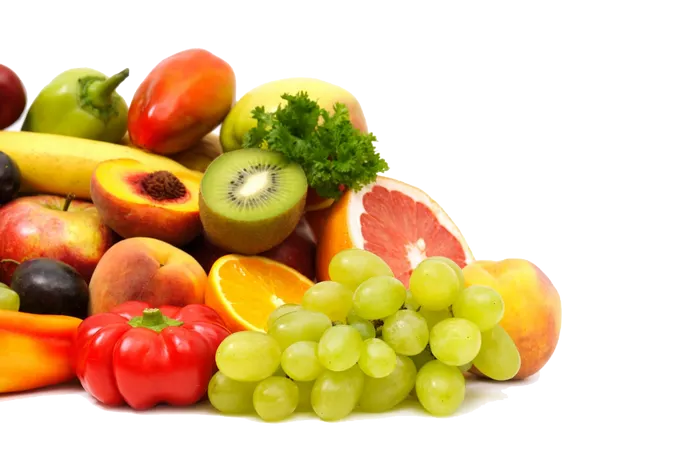In the quest for a balanced diet, fruits are celebrated primarily for their vitamins, minerals, and fibers, often overshadowing their protein content. Protein is a crucial macronutrient essential for muscle repair, enzyme production, and other vital bodily functions. While fruits are not typically a significant source of protein, certain fruits stand out for their higher protein levels compared to others. This comprehensive article explores the fruits with the highest protein content, their nutritional benefits, and how to incorporate them into a balanced diet.
Understanding Protein in Fruits
Protein in fruits? It’s not the first nutrient that comes to mind when we think of sweet, juicy bites of nature’s candy. Yet, some fruits contain more protein than one might expect. Understanding how protein is distributed in fruits and its importance can help enhance dietary choices, particularly for those seeking vegetarian or vegan options.
Why Consider Protein in Fruits?
Protein is typically associated with animal products and legumes, but having a variety of protein sources is crucial for a balanced diet, especially for those who follow a plant-based diet. Fruits with higher protein content can provide a supplementary protein boost. For individuals with dietary restrictions or preferences that limit traditional protein sources, these fruits can be valuable.
The Highest Protein Fruits
Fruits generally contain 1-2% protein by weight, which is relatively low compared to other food groups. However, when managing dietary intake, every bit counts, especially in a balanced plant-based diet. Here are some of the highest protein fruits:
Guava
Topping the list, guava is a tropical fruit that not only bursts with flavor but also packs a substantial protein punch.
Protein Content and Nutritional Profile: Guava contains about 4.2 grams of protein per cup. Besides protein, it is also rich in dietary fiber, vitamin C, vitamin A, and potassium, making it a powerhouse of nutrition.
Health Benefits: The high vitamin C content aids in immunity boosting, while its antioxidants can help reduce oxidative stress.
Avocado
Unlike most fruits, avocado is known for its healthy fats, but it also provides a decent amount of protein.
Protein Content and Nutritional Profile: An average avocado offers about 4 grams of protein. It is also a rich source of monounsaturated fats, which are beneficial for heart health.
Health Benefits: Avocados contribute to heart health, help in maintaining healthy skin, and can enhance the absorption of fat-soluble vitamins from other foods.
Jackfruit
A tropical staple, jackfruit is becoming increasingly popular in vegetarian and vegan cuisines due to its texture, which is reminiscent of shredded meat.
Protein Content and Nutritional Profile: One cup of sliced jackfruit provides about 2.8 grams of protein. It is also high in vitamin B6, vitamin C, potassium, and dietary fiber.
Health Benefits: Jackfruit can improve digestion due to its fiber content, and its antioxidants help fight inflammation.
Kiwi
This small fruit is not only rich in vitamin C but also offers a decent amount of protein.
Protein Content and Nutritional Profile: A cup of kiwi provides about 2.1 grams of protein. It is also rich in vitamins C and K, potassium, and is known for its high fiber content.
Health Benefits: Kiwi can aid in digestion, boost the immune system, and help manage blood pressure.
Blackberries
Berries are typically admired for their antioxidant properties, but blackberries also offer a fair amount of protein.
Protein Content and Nutritional Profile: Blackberries provide about 2 grams of protein per cup. They are also high in vitamins C and K, fiber, and manganese.
Health Benefits: They promote oral health, support brain health, and contribute to maintaining healthy skin.
Incorporating High-Protein Fruits into Your Diet
Adding high-protein fruits to your diet can be simple and delicious. Here are some practical ways to include them:
Smoothies: Blend a mix of high-protein fruits with a plant-based milk or yogurt for a protein-rich smoothie.
Salads: Incorporate diced high-protein fruits into salads for a nutritious boost.
Snacks: Enjoy sliced fruits with a sprinkle of nuts or a dollop of Greek yogurt for a balanced snack.
Desserts: Use fruits like avocado and guava in your desserts for a healthier, protein-infused option.
Conclusion
While fruits are not the highest source of protein available, selecting fruits like guava, avocado, jackfruit, kiwi, and blackberries can contribute additional protein to your diet. These fruits offer a symphony of nutrients that support various health benefits, from improving heart health to boosting immunity. Incorporating these high-protein fruits into a balanced diet can provide delightful variety and essential health benefits, making every meal not only tastier but also nutritionally richer.
[inline_related_posts title=”You Might Be Interested In” title_align=”left” style=”list” number=”6″ align=”none” ids=”8165,8161,8158″ by=”categories” orderby=”rand” order=”DESC” hide_thumb=”no” thumb_right=”no” views=”no” date=”yes” grid_columns=”2″ post_type=”” tax=””]
































